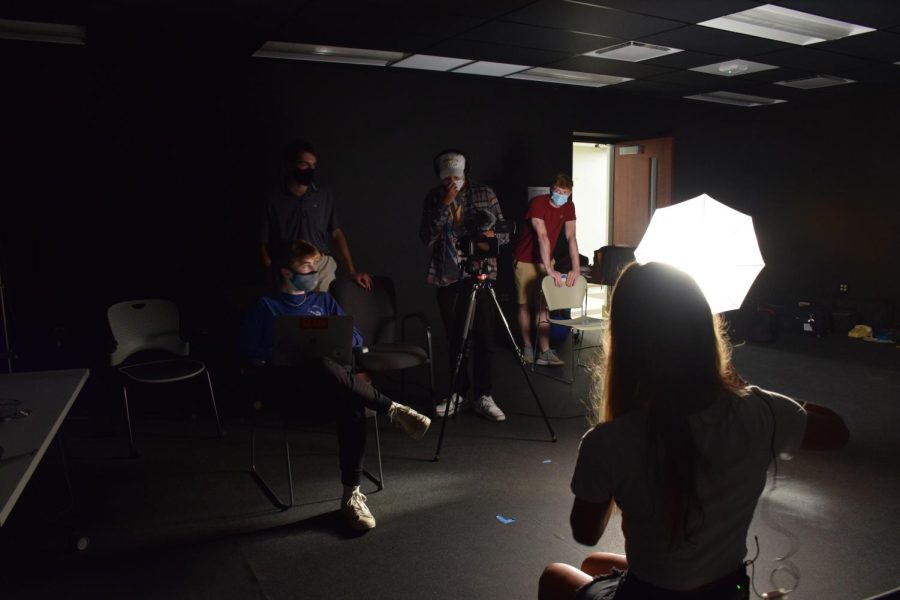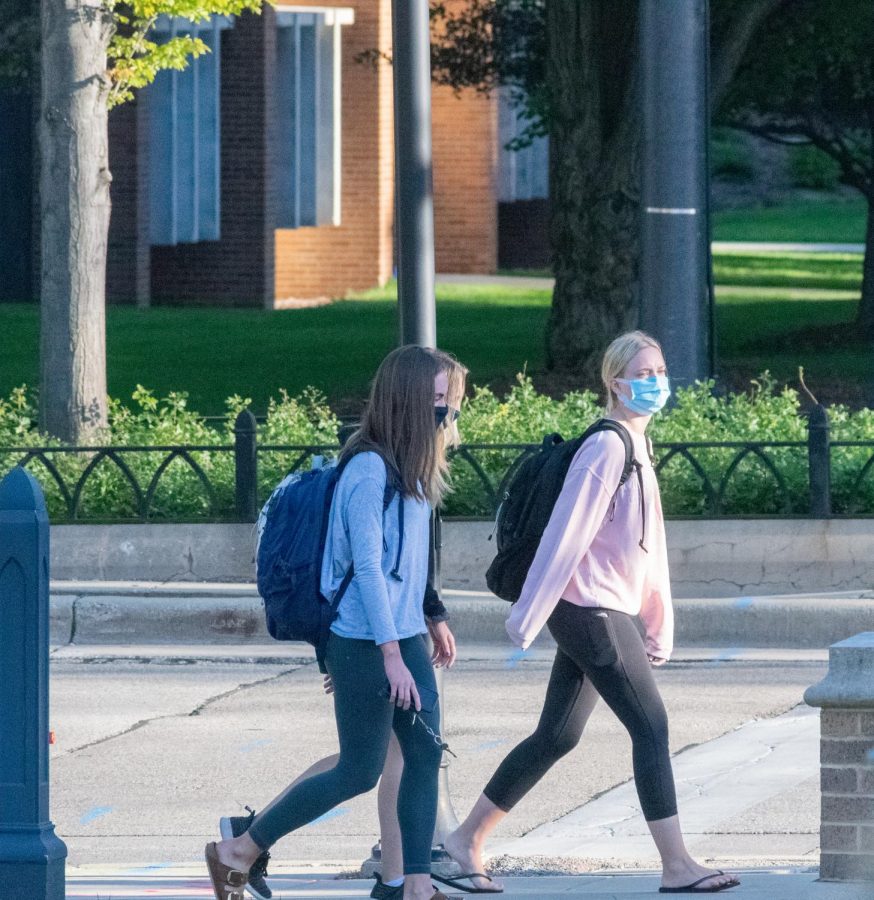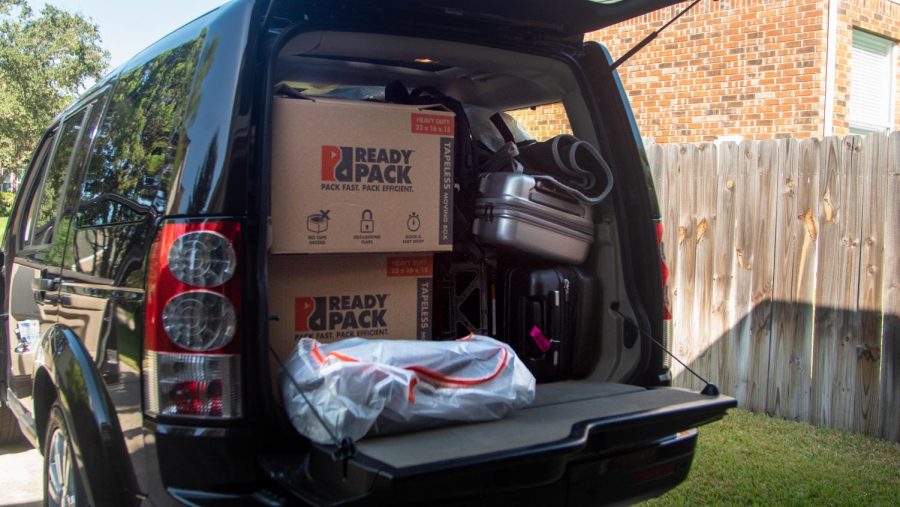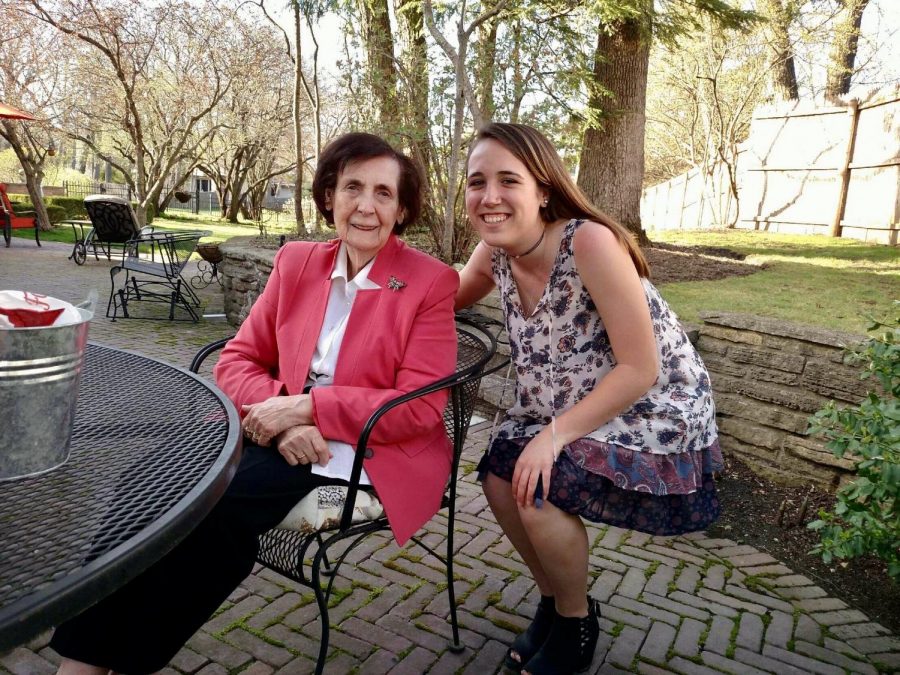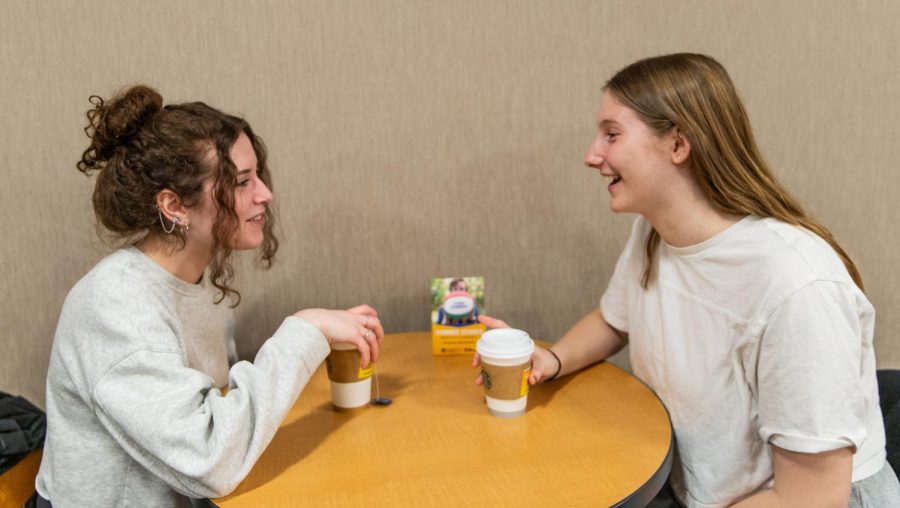For many students, the idea of attending college is a concept that has become second nature. Some students may have heard stories of their parents’ college experience filled with friends, studying and pizza at two in the morning.
But for others, college is more than that. College is a milestone, an opportunity and a moment for certain students to make history in their families. These students are known as first-generation students; Students who are the first to attend college in their family.
As reported by Marquette University, approximately 21% of students are first-generation.
This means that nearly 2,500 students at Marquette are the first in their families to ever attend college. While many students have described being a first-generation student as an honor and a blessing, some mention the internal and external pressures they face from their family, as well as the personal standards they hold themselves to.
Jocelyn Hernandez, a first-year student in the College of Engineering, touched upon the encouraging pressures she felt before attending college.
“Not only am I a first-generation student, but I am also a daughter of immigrants,” Hernandez says. “I definitely want to give back to them by doing well at Marquette … If they hadn’t come to the United States, my life would have been a completely different thing.”
She says her dad was 15 when he came to the United States, and her mom was 17. Both of her parents are from Mexico.
While her older sister was the first in her family to attend college, Hernandez says she was the first to leave home and live in an on-campus dorm.
“It was scary for my whole family, but I wanted the experience of leaving and going off on my own,” Hernandez says. “So I couldn’t really ask (my sister) for advice about actually living on my own.”
Because first-generation students can’t always seek the advice of family members, many turn to friends, classmates or teachers for overall perspectives and help with the college application process.
Hernandez says she felt grateful to have her sister’s support and advice on the application process and the overall college-level workload.
“I turned to (my sister) a lot for advice,” Hernandez says. “I was lucky because kids who aren’t first-generation students are able to ask their parents about what college is like, and most of them get clear answers because their parents already attended college.”
For Kasia Lechowska, a junior in the College of Engineering, being an immigration student was just another obstacle before becoming the first in her family to attend college.
Lechowska’s parents immigrated to the United States from Poland, an area where high school was typically considered to be the highest level of education. Nevertheless, Lechowska’s decision to attend college triggered high expectations from her parents.
“My parents always want me to be at the top of my class, and they want me to take everything that we can get and make the most of it,” Lechowska says. “They are always pushing me and my family to do our best.”
When applying to Marquette, Lechowska says she had to find a lot of her own resources when applying to college, as her parents don’t speak english well, and don’t really know what college is or how to apply.
Lechowska says support from her parents grew ,as her parents learned more and more about the experience she was having at Marquette.
“My parents definitely still support me, but again they didn’t understand college, so they didn’t support me as well as maybe other students’ parents did,” Lechowska says. “They didn’t come tour campus with me because they didn’t even know that was a thing when you apply to college. That is kind of where it differed a little bit from my peers who are not first-generation students.”
Lechowsaka says she has an obligation to help her siblings with the application process if they choose to attend college as well.
“While I was helping my brother (with the application process), I really reflected about how I struggled applying to college and how I didn’t have a support system,” Lechowsaka says. “So I feel like I need to be there for him to and be able to answer his questions because I didn’t have that and it is something that I wanted to have.”
Some say it is important for non-first-generation students learn about the experiences of first-generation students and their perspectives.
Clara Dwyer, assistant director of peer engagement programs and services, shares how students can better get to understand different experiences among their peers.
“If a first generation peer tells you personally that they are the first in their family to attend college, give them props,” Dwyer said in an email. “They are taking on a challenge in which there is an unspoken, possibly daunting, layer of difficulty having to navigate the college terrain on their own.”
Additionally, there are multiple windows of support on campus for students looking to talk about their transition into college.
“There are people around campus who students can talk to for support throughout the transition into college,” Dwyer said in an email. “In conversations with advisors, peers, and other faculty and staff, first generation students should feel safe to express that they are the first in their families to attend college, have the strong desire to succeed, but need to feel safe in asking questions for which the answers may be seemingly obvious for continuing generation college students.”
For first-generation students, the journey they embark on during the next four years will be the first in their family’s history. While the decision to attend college may seem expected, for these students, it is a decision that may change the course of their family history forever.
This story was written by TJ Dysart. He can be reached at theodore.dysart@marquette.edu.


